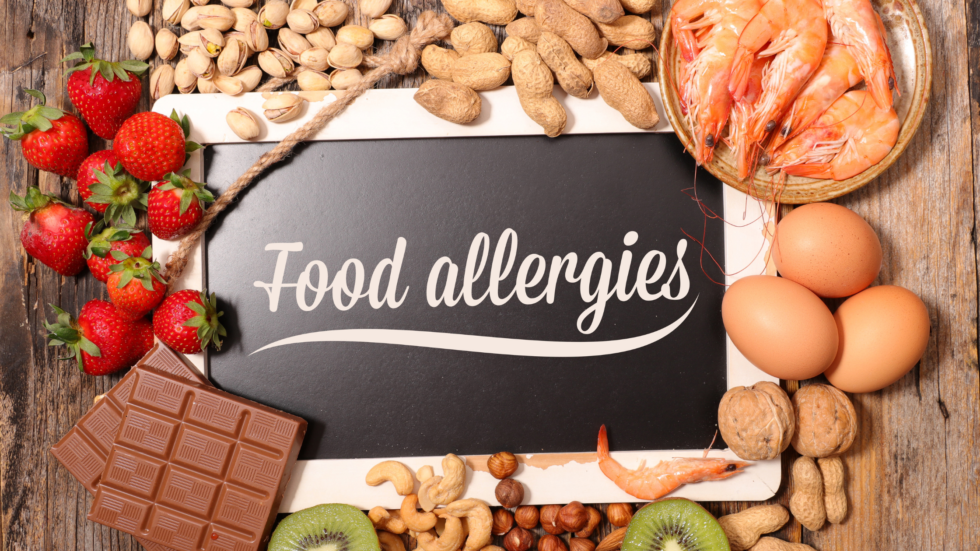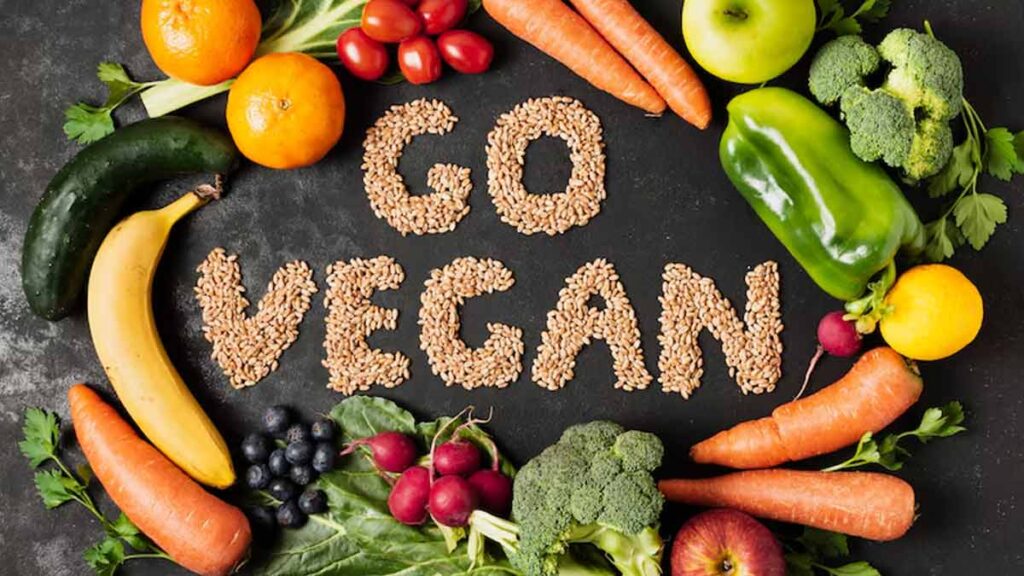
Picture this: a wide-eyed kid sitting nervously in a doctor’s office, staring at a tray of allergy tests and wondering which food would betray him next. That’s how my plant-based journey began—not with a grand, intentional choice, but with my body forcing me to look hard at what I could and couldn’t eat. Mother Nature looked at me and said, “You’re gonna struggle, but it’ll be character-building.”
I was allergic to almost everything kids love—milk, citrus, chocolate—you name it. While other kids enjoyed ice cream and orange juice, I was stuck sipping water and nibbling on crackers, trying to convince myself it was a fine dining experience. This stark contrast shaped my relationship with food from an early age, making me acutely aware of what I could and couldn’t have.
Many of my childhood days were spent with Dr. Jones, my pediatrician. I endured endless allergy tests and braved shots that felt like mini torture sessions. These visits didn’t just remind me how sensitive my body was but also taught me the undeniable connection between food and health.
Over time, I noticed something interesting. While my friends were crashing after heavy lunches, I had energy and focus. No third-period food coma for me. It was my first clue that what we eat genuinely impacts our feelings.
That’s not to say it was all smooth sailing. Growing up with food allergies meant plenty of headaches and stomachaches. I lost count of the times I had to leave school early because my body revolted against something I ate. By high school, I had unconsciously started avoiding heavy, processed foods. Without realizing it, I was already halfway to a plant-based diet.
Then came college at Grambling State University, where things got deliciously weird. I joined a student group called the Sons and Daughters of Imhotep, a community dedicated to health, herbalism, and African traditions. Among us was none other than Erykah Badu. Yes, that Erykah Badu. Imagine sipping herbal tea in a meeting when someone casually suggests, “What if we just… stopped eating meat?” That question planted a seed.
At the time, words like “vegan” or “plant-based” weren’t on my radar, but I decided to try vegetarianism. Then came the moment that cemented my choice forever. One day on campus, someone returned food from Tasty’s, a popular spot. I gave in and ate some chicken. Big mistake. Minutes later,
I was sick. My friend Ghent, mid-bite, looked at me like I’d lost my mind.
“Man, what’s wrong with you?” he asked, shaking his head.
“I’m done,” I said. “That’s it. No more animal flesh for me.”
Ghent thought I was crazy, but I meant it. That moment marked the beginning of my plant-based lifestyle.
Of course, being vegetarian in the South wasn’t easy. At family barbecues, my refusal of ribs caused collective gasps. “You mean you don’t eat anything from the grill?” my uncle asked, horrified. Explaining how grilled veggies could be just as satisfying was met with eye rolls. In the South, you don’t debate God and food, so saying no to fried chicken or ribs felt like entering a hornet’s nest.
Back then, vegetarian options were slim. Tiny mom-and-pop health food stores were my saving grace. I owe so much to those small businesses, even though big chains have since replaced most.
The real challenge came when I went home from college. My mother, ever supportive, helped me navigate a world without almond milk or tofu in grocery stores. During trips to Chicago, she took me to little health food stores, unknowingly planting seeds for my healthier lifestyle. One of those seeds was meeting the legendary Dr. Fulton, a pioneer in plant-based living. Years later, I learned from Dick Gregory that Dr. Fulton had influenced his health journey—a connection that still amazes me.
Thanks to my mom’s encouragement, I started taking my health seriously. I remember dining at Soul Vegetarian on Chicago’s South Side, surrounded by a mix of hippies, Hebrew Israelites, and white folks—all pioneers in plant-based living. Just two blocks away was Lim’s Barbecue, where I’d previously feasted before my dietary shift. It wasn’t an overnight transformation but a gradual one that reshaped my understanding of food, health, and culture.
Today, this lifestyle is a cornerstone of who I am. I’ve passed it on to my kids, who grew up knowing chicken nuggets only in tofu form. They’re thriving, and I couldn’t be prouder.
Over the years, I’ve realized this journey isn’t just about food—it’s about connection—connection to our health, culture, and the earth. It’s about making choices that align with how we want to feel and show up in the world. People still side-eye my kale smoothies, but I don’t mind.
Here’s the truth: life tastes better when it’s plant-based. And it doesn’t leave you in a food coma.
Switching to a plant-based lifestyle isn’t about perfection but progress. Start small. Add more fresh, whole foods to your meals. Explore farmer’s markets. It’s not about restriction; it’s about discovering what nourishes your body and connects you to the earth.
And remember, it’s a journey. Celebrate the little victories. Honor your body, and in doing so, honor the resilience of our ancestors while building a healthier future.
You’ve got this!


